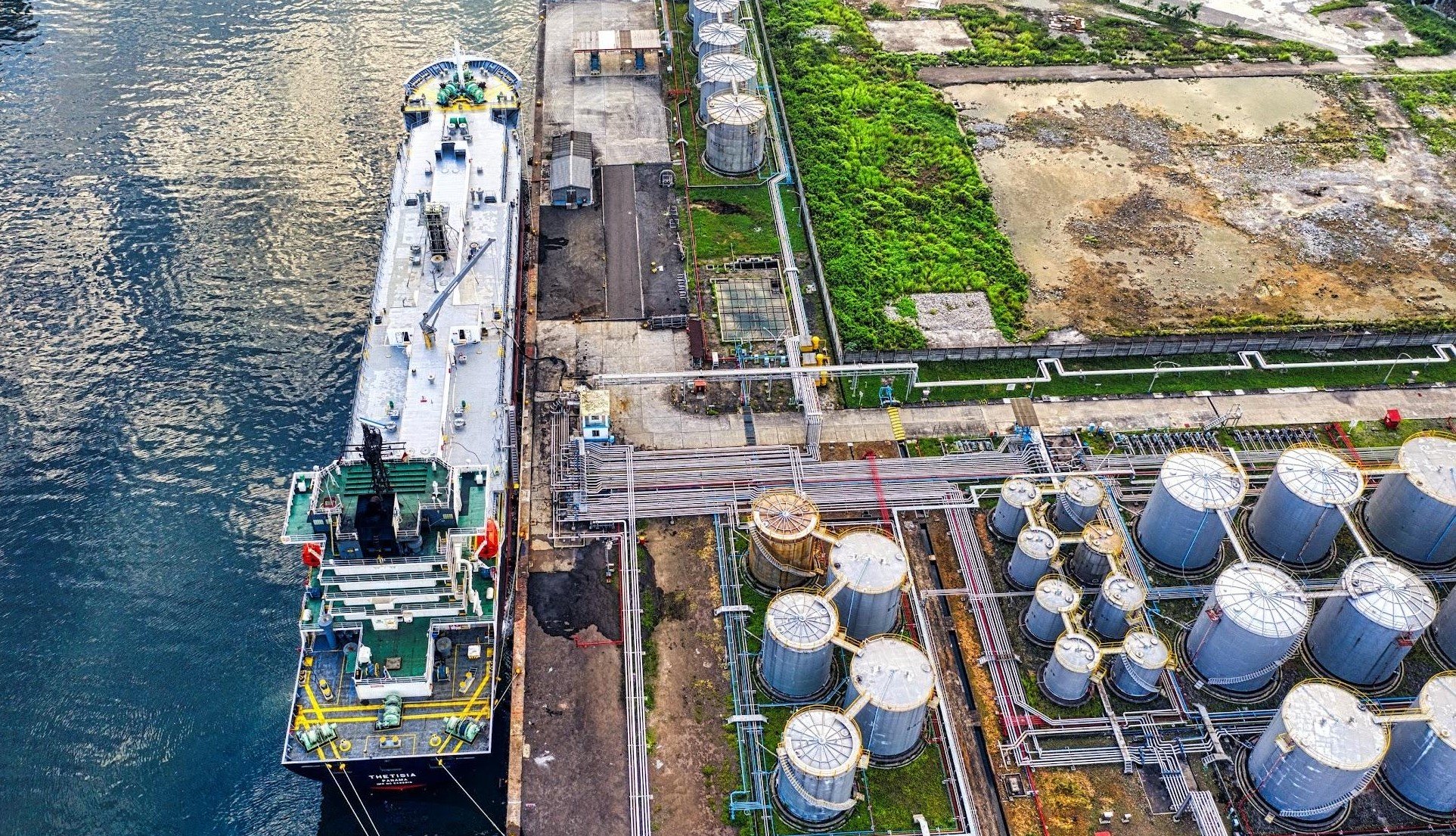Blog
4 challenges that slow down the Decarbonization of the LNG industry

As the Paris Agreement is setting sights on a world in which the greenhouse gas releases are brought to a heel - either eliminated or strictly balanced - the fossil fuels are projected to come to a decline in demand in the coming decades. In order to grow and remain relevant, the LNG industry is faced with the need to achieve net-zero with the gas releases, if not remove them outright.
Yet the decarbonization is a challenging prospect for an industry as massive as LNG - a prospect to which the industry is moving decisively, yet slowed along the way by a number of factors:
Tracking the emissions
As the desire to apply new standards is stated, and laws are decided on, many governments still don’t have the dedicated certified organs, or consistent methodology, for keeping track of GHG release.
It is but a matter of time for the regulatory mechanisms to be formed - but until then, the next best approach for a company is to keep track of such things themselves, at least insofar as their own production and supply chains are concerned.
‘Ahead of us, we have 30 years to hit the net-zero target. But If we don’t measure the emissions, we cannot solve it … We need to have a very good measure of CO2 emissions in all the fields - in upstream and in downstream’ said Miguel Angel Calderon, the Carbon Cycle Director Division at CEPSA at an International LNG Congress Webinar ”Steps to achieve decarbonization in Europe”.
Until recently, some companies didn’t track such matters as GHG emissions along their production and supply chain. Of those companies that do, some lack a centralized reporting system - each part of the supply chain covering their own operations instead of the whole.
Only the dedication to keep track of this data could ensure an efficient procedure that would be best posed to comply with any upcoming standards and regulations.
Complexity & production cost increases
As the world is looking toward decarbonization and applying new standards, the overall complexity, and cost, of all the production processes will keep on increasing in order to stay within the targets set by governments - including the LNG industry.
And so the only viable path forward is that of efficiency, optimization, and planning.
Be it optimizing the supply chains for more productivity and better financial returns, or setting sights on the known, proven technological methods, efficiency is most likely to be the key in giving the industry a steady footing in the decarbonization effort.
‘We have to ‘squeeze’ the technology that’s been proven, and given the results in the last 50 years … We can improve the efficiency by at least 15% using the technologies we already know, said Miguel Angel Calderon, the Carbon Cycle Director Division at CEPSA, during the Webinar.
Equipment manufacturing disruption
As the LNG industry proceeds to balance the efficiency of the production with the efficiency of reducing the emissions, it is the equipment manufacturers that will take the brunt of the effort. Even when an efficient technology is developed, integrating it on all the required levels of production is a task that will take a significant amount of time and labor.
Long-term planning and greater discernment in terms of equipment manufacturers are warranted, if the LNG industry wishes to continue steadily in its expansion and development as the standards set by the governments rise higher.
Cooperation
As the decarbonization effort continues, it is likely there will be no standardized way of handling the transition. Many companies will face problems that have no unified approach to handling them, coming from having access to different technologies and different mindsets.
The industry must work together to tackle the challenges arising before it. Only the total dedication to decarbonization, from all the companies, guarantees success.
It will take some time before the LNG Industry is able to fully transition into the net-zero state. Effective development and growth require aiming at the most efficient solutions and the cooperation of all market players to drive the process.
Innovative low-carbon and sustainable projects, as well as other aspects of Decarbonization, will be discussed at the 8th International LNG Congress on 28-30 March 2022. Participate in the discussion of innovative projects, new technologies, and solutions to industry problems. To learn more about LNGCON, download the brochure.
Learn more about the LINDE and CEPSA webinar "Steps to achieve decarbonization in Europe" here.